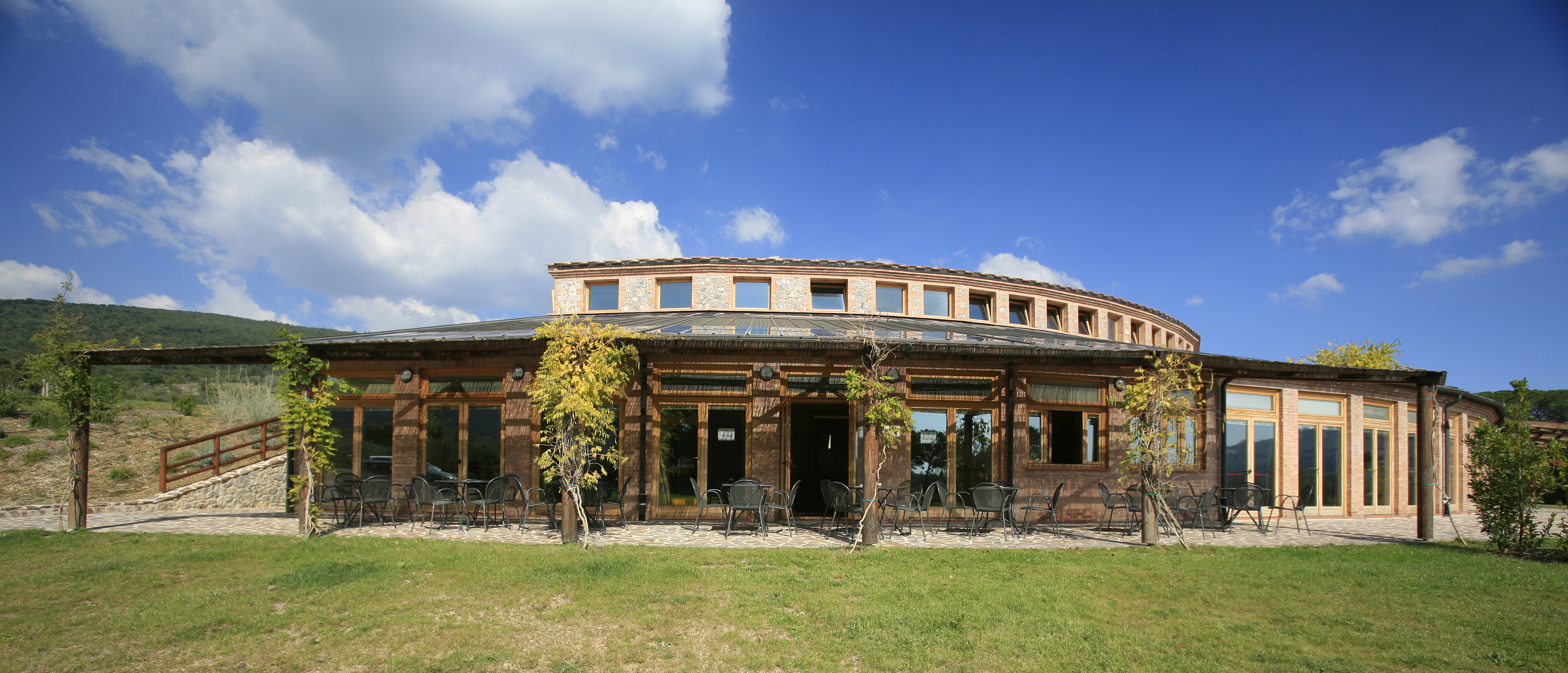Journal of Experimental Biology Symposium 2019:
Genome editing for comparative physiology
Organisers: Leslie Vosshall, Michael Dickinson, Julian Dow
Date: 23-27 March 2019
Location: Il Cicalino, Massa Marittima, Italy
For almost 100 years, biology has relied on a relatively small number of genetic model organisms in which to link mechanisms from the genetic to the organismal level. While providing fundamental breakthroughs, this past research has been limited to a handful of model organisms that are not representative of the rich diversity found in nature. In recent years, however, the use of gene editing tools such as CRISPR/Cas9 have made it possible to ask mechanistic questions in a wide range of new organisms. Expanding the menagerie of model species increases not only the taxonomic breadth of current research but also the scope of biological problems that are now amenable to study.
Gene editing techniques have utility in areas outside basic research, such as population control of invasive species, management of disease vectors such as mosquitoes, the creation of chimeric animal hosts to grow human organs and even the possibility of resurrecting extinct species such as passenger pigeons and mammoths. As these research techniques improve, the impact into all areas of biology will undoubtedly increase.
This symposium will examine research across a broad spectrum of biological problems, emphasizing topics in non-model organisms. This organismal perspective will highlight the utility of genetic editing techniques across levels of complexity from development and physiology to behaviour and evolution. We will bring together investigators representing a wide array of disciplines addressing provocative questions, united by their use of emerging techniques.
Organisers & speakers
Michael Dickinson (California Institute of Technology, USA)
Julian Dow (University of Glasgow, UK)
Virginie Courtier-Orgogozo (Institut Jacques Monod, France)
Claude Desplan (New York University, USA)
Jason Gallant (Michigan State University, USA)
Elissa Hallem (University of California, Los Angeles, USA)
Aissam Ikmi (European Molecular Biology Laboratory, Germany)
Asano Ishikawa (National Institute of Genetics, Japan)
Johanna Kowalko (Florida Atlantic University, USA)
Sarah London (The University of Chicago, USA)
Arnaud Martin (The George Washington University, USA)
David McCauley (University of Oklahoma, USA)
Lauren O’Connell (Stanford University, USA)
Joseph Parker (California Institute of Technology, USA)
Kristin Tessmar-Raible (Max F. Perutz Laboratories, Austria)
Yoshinori Tomoyasu (Miami University, USA)
Alison Van Eenennaam (University of California, Davis, USA)
Dario Riccardo Valenzano (Max Planck Institute for Biology of Ageing, Germany)
Programme
The symposium is open to invited speakers and delegates only. However, all presentations will be published as a special issue of Journal of Experimental Biology in early 2020.
Venue

In the province of Grosseto in rural Tuscany, the small medieval town of Massa Marittima is just 130 km (81 miles) from Pisa and 225 km (140 miles) from Rome and is easily accessible by road and rail. Surrounded by the wonderful Maremman countryside of olive groves, fruit trees and vineyards, the symposium will be held at the Tenuta Il Cicalino Estate, with accommodation in a variety of beautifully restored, traditional Tuscan farmhouses.
Tenuta Il Cicalino & Parco dei Lecci
Località il Cicalino
58024 Massa Marittima (Grosseto)
Italy
Tel: +39 0566 902031
Fax: +39 0566 904896
E-mail: info@ilcicalino.it
Website: https://tenutacicalino.com/en/
Travel
The nearest international airport to the conference venue is Pisa Galileo Galilei Airport (81 miles, 130 km).
Alternatively, you can fly to either of the airports in Rome – Leonardo Da Vinci/Fiumicino (140 miles/225 km) or Ciampino (149 miles/240 km) .
Transport (by taxi/minibus) will be provided from Pisa, Roma Fiumicino and Roma Ciampino Airports to/from the conference venue for delegates arriving/leaving at similar times (to arrange this, all flights must be confirmed by 1 February 2019). Journey time to the venue is approx. 1.5 hours by taxi/minibus from Pisa and approx. 2.75 hours from Roma Fiumicino and 3 hours from Roma Ciampino, but allow extra time, where possible, as we aim to coordinate transport for flights arriving at similar times so you may have to wait at the airport for other delegates to arrive.
Alternatively, you can travel from the airports in Pisa or Rome by train to Follonica, which is a 20-min taxi ride to the conference venue. Details of train timetables and prices can be found on the TrenItalia website. Train tickets can be purchased online (type either ‘Pisa Fermata Aeroporto’, ‘Fiumicino Aeroporto’ or ‘Ciampino’ in the ‘From’ field and ‘Follonica’ in the ‘To’ field) or from the Information Office in the airport Arrivals Hall. Allow approx. 2 hours from Pisa and approx. 3-3.5 hours from Rome.
Delegates should book their travel to ensure they arrive at the conference venue by 17.00 on Saturday 23 March 2019
Earliest check-in time at the conference venue is 10.00.
Accompanying persons
Spouses/domestic partners are welcome to accompany invited delegates to the meeting. To cover the costs of the accommodation, catering and social event, the registration fee will be €540 (euros). The fee assumes two people sharing a double room and that accompanying persons will NOT attend the scientific sessions.
Registration fee (540 euros) for accompanying persons includes:
- Accommodation for four nights (23-26 March)
- Welcome Reception on 23 March
- Breakfast on 24-27 March
- Lunch on 24-26 March
- Dinner on 23-26 March (including conference dinner on 26 March)
- Social event on 25 March
To register an accompanying person, please email us as soon as possible, and by 1 February 2019 at the latest. Charges may be incurred for cancellations after 1 March 2019.








You must be logged in to post a comment.